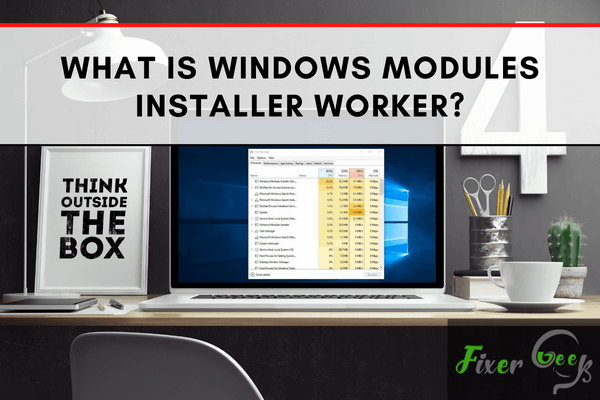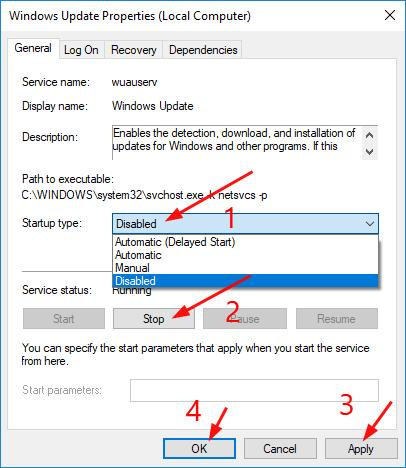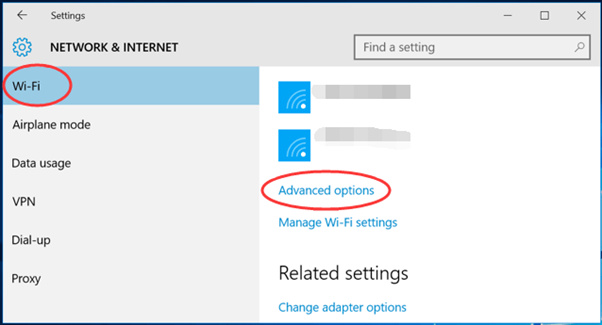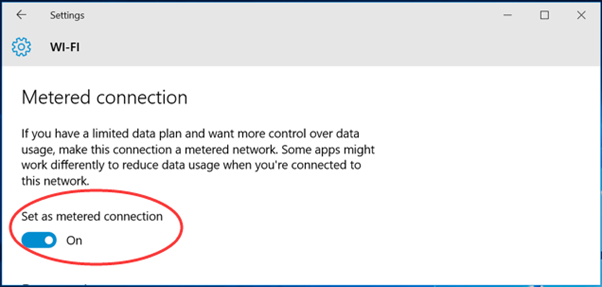You may have noticed a process called "Windows Modules Installer Worker" in your Windows Task Manager, and you're probably wondering what it does. This article will tell you exactly what it does, and how it works.

Also referred to as TiWorker.exe, the Windows Modules Installer Worker is a tool or system process that is used in the installation of operating system updates and Windows modules. It is responsible for automatic installation and updating of Windows as well as other system components.
This tool automatically runs while checking for any updates on your laptop or PC. Because of this, the Windows Modules Installer Worker renders the computer bug-free. It installs important updates that you will need to keep your operating system running smoothly while reducing the chances of a virus attack.
However, this tool can at times experience some problems which can affect your computer’s operation. Unknown to many people, it can reduce the work efficiency and speed of your computer. Problems with the device can make the task manager show high CPU percentage.
Why Windows Modules Installer Worker Loads the CPU?
Basically, constant updates done by the Windows Modules Installer Worker causes a high CPU load. Since computers are usually turned off at night, updates of the Windows operating system usually take place during the day. The Windows Update service utilizes numerous system resources, especially in cases of downloading a major update.
The time for which it uses YOUR CPU will depend on the number of updates needed to be installed and the storage and speed of your computer’s CPU. It is advisable to close all other running apps when a Windows update is being installed until the process is complete.
The good news is that it will eventually stop using disk resources and CPU once the process stops. Plus, there are twO methods that can be used to fix the problem of Windows Modules Installer Worker using high CPU.
How to Fix the Issue of High CPU Usage by Windows Modules Installer Worker
There are two methods that you can use to fix the issue. They include the following:
Method 1: Stop and Deactivate Windows Update Service
Windows can only check and install updates when the Windows Update Service is running. Therefore, stopping and disabling the Windows Update Service will prevent the Windows Modules Installer Worker from loading your CPU. Here is how:
- Open the Run command by pressing the Windows key and R simultaneously.
- On the Run box, type “services.msc”, and click OK.
- This will open the Services window. Navigate to Windows Update and double click on it.
- This should open the Windows Update Properties. On the General tab, go to Startup type and set it to Disabled.
- Then, click Stop, then click Ok, and then Apply.

Method 2: Modify Your Internet Settings
If the first method doesn’t work, be sure to try changing the internet settings. Here are steps to do this:
- Go to the Start menu and open Settings.
- Click Network & Internet and then click WiFi.
- Find Advanced Options and click on it.

- Underneath Metered Connection, you will see the Set as metered connection option. Click the toggle to set it on.

- This should return the CPU usage of your computer back to normal.
Method 3: Run Windows Update Troubleshooter
Alternatively, you can run the Windows update troubleshooter to help fix the issue. Here is how:
- Go to Settings and then to Update & Security.
- Locate Troubleshoot and then Windows Update on your system.
- Click or tap on Run the Troubleshooter.
- The Windows troubleshooter will then suggest a list of issues. Fix the suggested issues to solve the problem with tiworker.exe.
Summary: What is Windows Modules Installer Worker?
- A Windows Module Installer Worker is a system created by Microsoft to help improve the performance of Windows.
- It works with the regular Windows Update service to make sure that your computer's hardware and software are always up to date.
- It comes as part of the Automatic Updates functionality, but you can disable Automatic Updates if you don't want it to run in the background.
- It works quietly in the background, downloading and installing updates automatically, so you don't have to worry about it.
- This feature is only active when the computer is online.
- The main purpose of this process is not to spy on users or collect information but to keep the operating system updated and secure.
- If there are updates that need to be installed on your computer, Windows Modules Installer Worker gets them for you automatically.
- This feature will not hang up your system or make it run slowly; in fact, it frees up resources so that your computer can run smoothly at all times.
- Since this process runs entirely in the background, that means it's hard for malware or hackers to access or use its resources.
Conclusion
Contrary to popular belief, Windows Modules Installer Worker is not a virus or malware. It is a genuine system process that runs from time to time in the Windows Task Manager. It is part of Windows, and you don’t have to worry about it running in your computer.